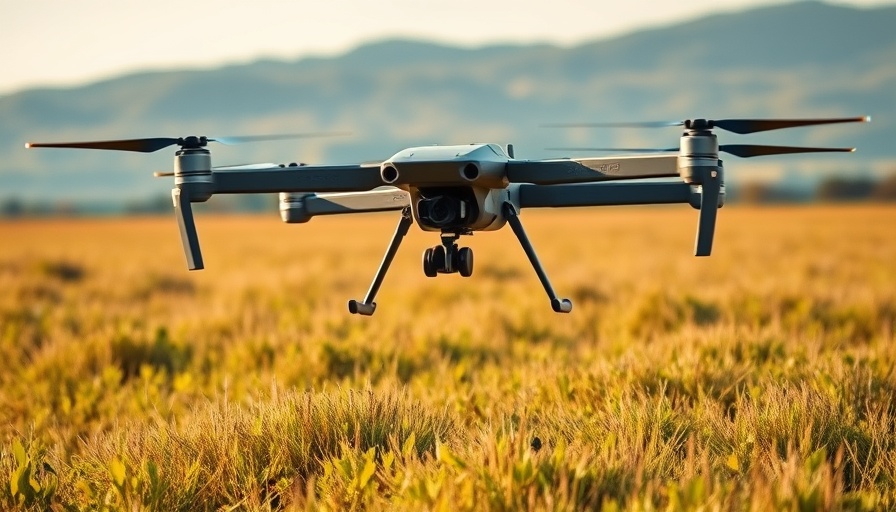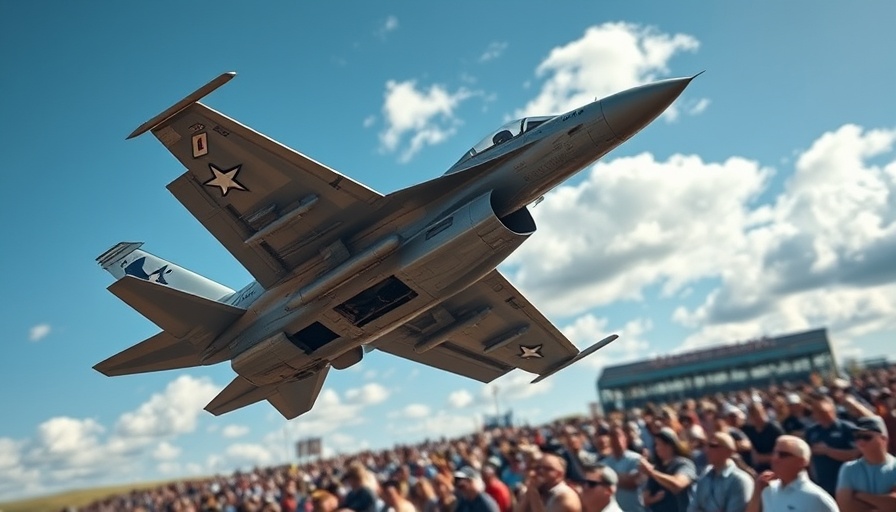
Turkey's Drone Challenges: An Overview of Recent Events
April 2025 has seen Turkey's indigenous Bayraktar Akinci drones experiencing a significant downturn. Within a short span of two weeks, there have been two notable incidents where these advanced UAVs were reported downed in Africa and the Middle East. On March 31 and April 1, a drone was reported to have fallen in Tinzaouaten, Mali, an area embroiled in conflict. Claimed by Algeria to have been shot down for violating its airspace, this incident underscores the vulnerabilities facing Turkish military technology.
Concerns About Turkey’s Drone Reputation
This incident isn't merely an operational setback for Turkey; it poses a reputational risk as the country seeks to position itself as a leading developer and exporter of sophisticated military drones. The fact that only two Akinci drones had been supplied to the Malian military underscores how precious these assets are, thus amplifying the embarrassment associated with their loss. An earlier crash in Iraqi Kurdistan only magnifies Ankara's concerns regarding the operational efficacy and reliability of its drone fleet.
Advancements in Anti-Drone Technologies
The challenges facing Turkish drones extend beyond mere operational failures. Multiple sources have reported that groups such as the Kurdistan Workers' Party (PKK) and the Syrian Democratic Forces have likely developed or acquired enhanced anti-drone capabilities. On March 16, a Turkish Akinci drone was seen being targeted and downed by the PKK, who have possibly obtained Iranian-made missiles with specific anti-drone applications. This represents a growing trend wherein groups previously lacking such technology are increasingly managing to counter advanced drone warfare.
Shifts in Combat Strategies in the Region
The increasing ability of these groups to intercept and neutralize drones marks a significant shift in the battlefield dynamics of Middle Eastern and African conflicts. Turkish drones like the Bayraktar TB2 and others have proven effective but are meeting serious countermeasures that complicate their deployment. As drone warfare evolves, it's crucial for countries relying on such technology to adapt their strategies and invest in better defenses.
Conclusion: The Path Forward for Turkish Drones
The recent setbacks highlight the imperative for innovation within Turkey's drone program. Future strategies must include improving the survivability of these drones against emerging anti-drone technologies. The evolving landscape calls for an intersection of aerospace engineering and battlefield intelligence to ensure that Turkey remains a key player in military drone technology.
 Add Row
Add Row  Add
Add 




Write A Comment